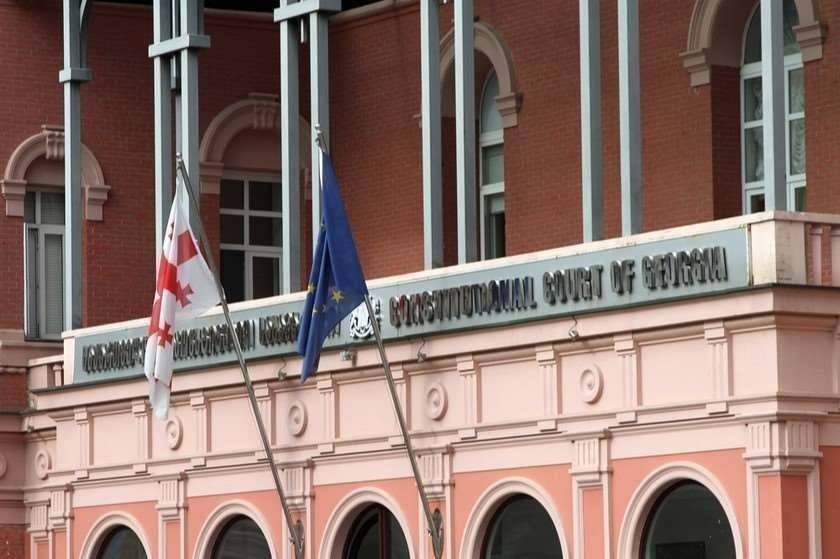საერთო ცხელი ხაზი +995 577 07 05 63


The Social Justice Center has filed an appeal with the Constitutional Court, addressing the administrative practice of arbitrarily denying entry to Georgia for foreigners. The mentioned practice often serves as a basis for discriminatory treatment by the authorities.
More specifically, through the filed lawsuit, the Social Justice Center is petitioning the Constitutional Court to declare Article 11, Paragraph 1, Sub-Clause "i" of the Law "On the Legal Status of alience and Stateless Persons" unconstitutional. This provision states that " An alien may be refused a Georgian visa or entry into Georgia in other cases provided for by the legislation of Georgia." The application of the mentioned norm reveals that law enforcement bodies, in their decisions, seldom specify the particular conditions or legal provisions under which they deny entry to Georgia for a foreigner. Typically, in practice, this pertains to lists compiled by law enforcement bodies themselves, lacking clear rules and standards for the entry and removal of specific individuals. This situation poses significant risks of arbitrariness. Several critical activists, journalists, researchers, and non-citizens with historical ties to Georgia, such as repatriated Muslim Meskhetians, Georgians from Fereida, and Ossetians forcibly displaced from Georgia, have been denied entry to Georgia citing this article.
In the lawsuit, the disputed norm is challenged in relation to the principle of equality recognized by Article 11, Paragraph 1 of the Constitution of Georgia, and Article 18, Paragraph 1 of the Constitution (principle of fair administrative proceedings). specifically:
The Social Justice Centre expresses optimism that the Constitutional Court will expeditiously deliberate on the appeal it has submitted and provide assistance in the successful enforcement of the constitutional rights that have been infringed upon for hundreds of individuals.
The Social Justice Center is conducting this case with the support of the USAID Rule of Law Program.
The website accessibility instruction